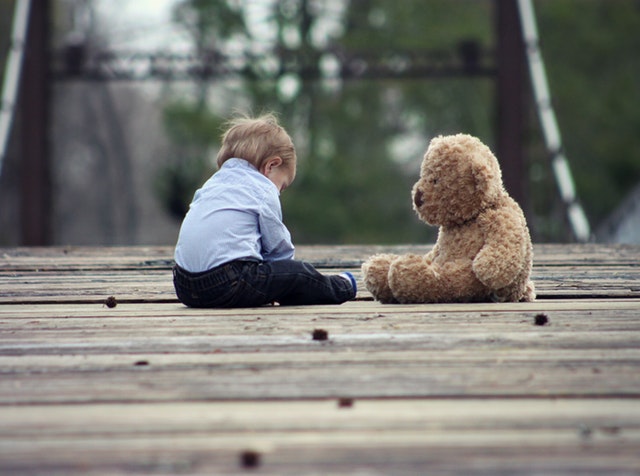Social skills help a person survive in a society bogged down by automation; they also help in building and maintaining a good reputation for yourself. Our key social behaviours include the likes of verbal communication, gestures, facial expressions, body language, attitude and the tone of voice. The proper use of these aspects is the greatest contributor to healthy relationships and encourages positive interactions around someone. Keeping in mind that humans start developing social skills at the age of two when the personality starts forming. Thus it’s never too early to begin introducing different social situations for your toddler’s journey towards personhood and nurture their sociability. We’ve compiled a simple guide to help you on your child’s progress in their social life.
Pay attention
Growing up, kids pick up all sorts of habits, interests, fears and biases. It is very important to observe the little things they do and how they react to certain different kinds of people. Paying attention to the little signals will help you learn and bond even closer with your toddler, because if you are not familiar with the behaviour and the nature of your toddler, then their behaviour becomes unpredictable and hard to handle. Try to understand what they are trying to say versus what others may be hearing. Taking it a step further, you should show your child you’ve paid attention and acknowledge their social behaviour. Whether it be through a hug, making faces, or a simple worded reply to satisfy their desire to communicate and be heard. These acknowledgements will subconsciously incentivise your toddler also to pay attention and listen to others. Busy parents may find they need extra assistance from in home child care providers to help give toddlers the extra time of day. Kids generally need more attention than adults, but be careful to keep it balanced to avoid teaching them bratty behaviour.
Actions Speak Louder
The parents are the role model for the children; they learn almost every social skill from your behaviour and act. So instead of directing them or giving them instructions show them with your actions. This is the best way to develop social skills in toddlers because they tend to learn b y mimicking. So next time you’re having a heated discussion, or dealing with stress at home, make sure you’re in the right mindset to handle yourself and the situation. You never know when your child is on a James Bond mission of overhearing adult conversations. Try to behave appropriately and use proper body language, gestures and words because children are always observing how you behave, react and use language. If you use abusing language in front of them; they will pick it. You, as the parent, are the primary role model, all things from how they walk to making friends and communicating feelings; So act accordingly. If you have a full time nanny working in the family, you may want to supervise their non-verbal behaviour for a while to see if it suits your family’s parenting style.
y mimicking. So next time you’re having a heated discussion, or dealing with stress at home, make sure you’re in the right mindset to handle yourself and the situation. You never know when your child is on a James Bond mission of overhearing adult conversations. Try to behave appropriately and use proper body language, gestures and words because children are always observing how you behave, react and use language. If you use abusing language in front of them; they will pick it. You, as the parent, are the primary role model, all things from how they walk to making friends and communicating feelings; So act accordingly. If you have a full time nanny working in the family, you may want to supervise their non-verbal behaviour for a while to see if it suits your family’s parenting style.
Socialise in Different Settings
When you provide your toddler with different social situations, it will help them learn to adapt according to the situation. The best way to teach adaptive social skills is to put your children in a cooperative setting with another child and observe while they are interacting with each other. You can also direct their interactions if they are not acting properly because some children are shy by nature. In doing so, you have helped them overcome their hesitation and fear of communication by participating with them for a while to make them comfortable in an uncomfortable environment. You can also relay dining manners by performing them at the dinner table and make the toddler repeat them and use the courtesy words in different situations. Even if they don’t start using them straight away, they can begin to understand the value of proper manners.
Watching moral and ethical cartoon series can also prove to be a good medium to provide lessons in socialising for your toddler because these cartoons give them a sense of moral and social lessons through an interesting storyline.




